
From the story of finding sustainable development solutions for farmers
As climate change makes farming more difficult and uncontrollable, millions of smallholder farmers in Asia need to adopt new technologies and innovations to overcome crop pests and diseases to better meet the region’s growing food needs.
Dr Siang Hee Tan, Executive Director of CropLife Asia, said: “Smallholder farmers have long been the key to solving food security issues. But to meet the ever-changing challenges of feeding Asia’s growing population, they need to be equipped with new and innovative tools. As the world ’s technology hotspot, Asia can take the lead in equipping food producers to meet these formidable challenges.”
Dr. Siang Hee Tan said that to support smallholder farmers, during the period 2015-2017, CropLife Asia and the German Development Agency GIZ cooperated with the Ministry of Agriculture and Rural Development to organize training for 3,000 rice farmers in the Mekong Delta on the application of Integrated Pest Management (IPM) principles, including the correct use of plant protection products and intervention methods when pests threaten people's crops.
Following that success, starting in 2021, CropLife Vietnam has coordinated with the Plant Protection Department and the Department of Agriculture and Rural Development of Dong Thap to implement a 5-year program to guide farmers on responsible pesticide use with the goal of changing habits and behaviors in using pesticides more effectively and sustainably. In the first year alone, the program has reached and directly trained more than 1,000 farming households and 500 agents.
Also in an effort to bring sustainable development solutions to every farmer, on July 11, CropLife Asia and the Plant Protection Department (Ministry of Agriculture and Rural Development) signed a Memorandum of Understanding on Cooperation to implement the Sustainable Pesticide Management Framework program for the period 2023 - 2028.
The Sustainable Pesticide Management Framework (SPMF) is a comprehensive, long-term, impactful program that facilitates the transition to sustainable food systems. Under the MoU, CropLife will maximize industry efforts and strengthen collaboration with multiple partners in Vietnam to promote the implementation of the framework for the use and management of sustainable pesticide solutions while accelerating the application of scientific innovation in agriculture.
One of the key focuses highlighted in this cooperation program is to promote innovation and promote the application of advanced solutions and tools in the management and use of agricultural inputs, including pesticides.
The meaning of innovation from CropLife's perspective is not only focused on specific product innovation such as new generation active ingredients, biological pesticides. More importantly, it is the innovation in thinking and management approaches to expand and improve the toolkit and smart agricultural practices for farmers such as the application of drones in the field, the application of digital tools in field management and monitoring or non-agricultural platforms... All will be specified in activities within the framework of the SPMF program.
These initiatives are part of a global industry effort to drive innovation in crop protection, equipping farmers with innovative and advanced ways to get more with less.
FAO estimates that global food production would double if farmers did not use pesticides. Crop protection innovations and biotech crops help reduce greenhouse gas emissions, said Duke Hipp, Director of External Affairs and Strategic Partnerships, CropLife Asia.
“Crop innovations, such as herbicide tolerance and improved weed control, have sequestered more than 300 million tons of CO2 over the past 25 years. That’s equivalent to the annual emissions of the state of California. Meanwhile, with gene editing technology, plant breeders can develop varieties that are better at capturing carbon, resisting pests and pathogens, and even speeding up the domestication of new crop species,” said Duke Hipp.

Need technologies that can cover all production scales
CropLife is one of many international organizations that are having effective cooperation in agricultural production in Vietnam. These international cooperations are one of the effective ways for the Vietnamese agricultural sector to approach the world's science and technology.
According to Minister of Agriculture and Rural Development Le Minh Hoan, searching for technological applications through international organizations aims to find all technological solutions that can be applied to different production scales.
Minister Le Minh Hoan said: "We must divide technology into many levels: High technologies are suitable for large-scale agricultural enterprises; medium technologies can be for cooperatives and farms; there are technologies that are just enough for households... We need to find technologies that can cover all levels of the agricultural economy, not specific to any group of subjects."
With that perspective, the Ministry of Agriculture and Rural Development is taking advantage of every opportunity to access technology to find technologies and products that are highly applicable and suitable for production subjects. As Minister Le Minh Hoan acknowledged: "Technology must serve to increase productivity and better disease resistance. That technology must be cyclical to create more value."
According to the commander of the agricultural sector, the application of technology in agriculture today aims to transform traditional agriculture into high-quality, circular, low-emission agriculture.
"These are requirements for agriculture to move towards green growth, gradually improving the quality of agricultural products to serve consumers, for people's health, for natural resources, soil environment, water environment, and air environment," Minister Le Minh Hoan emphasized.
Accessing new technology and new perspectives is not easy for a highly manual production industry. However, Minister Le Minh Hoan said that the agricultural sector is thoroughly implementing the need to "open" up the thinking of the entire sector.
"Yesterday there were standards and catalog standards that we may not have allowed, but they were only true yesterday. With the world's changing trends every day, we also need to change our approach to new products, especially agricultural input products such as fertilizers, pesticides, and seeds. Products applying new technology also go through a research process according to international standards, and we must also take advantage of opportunities from the achievements of previous countries.
The task of the agricultural sector is to ensure that there are no risks for farmers, but if we are closed, only keeping what we think is the final limit, we will miss the opportunity to apply scientific achievements. Scientists and agronomists are increasingly researching many product lines that meet productivity and are assessed to eliminate risks affecting human health, the environment, and biodiversity. Our task is to test channels to welcome new things," Minister Le Minh Hoan shared.
Sharing his thoughts on international cooperation to access new technologies, Minister Le Minh Hoan said: "Many opinions talk about the need to be cautious in bringing new applications into production. I also feel that international organizations are also hesitant about the reaction of Vietnamese people to new things. Of course, new things always require time for us to evaluate, but if the time is too long, we will lose opportunities. Not opportunities for our partners, but opportunities for the agricultural sector and our farmers."
Minister Le Minh Hoan affirmed: "Seizing the opportunity to apply technology is not because we think for our partners but because we think for our farmers. Thinking like that, we will act faster, which is also how we create trust for our partners."
Source


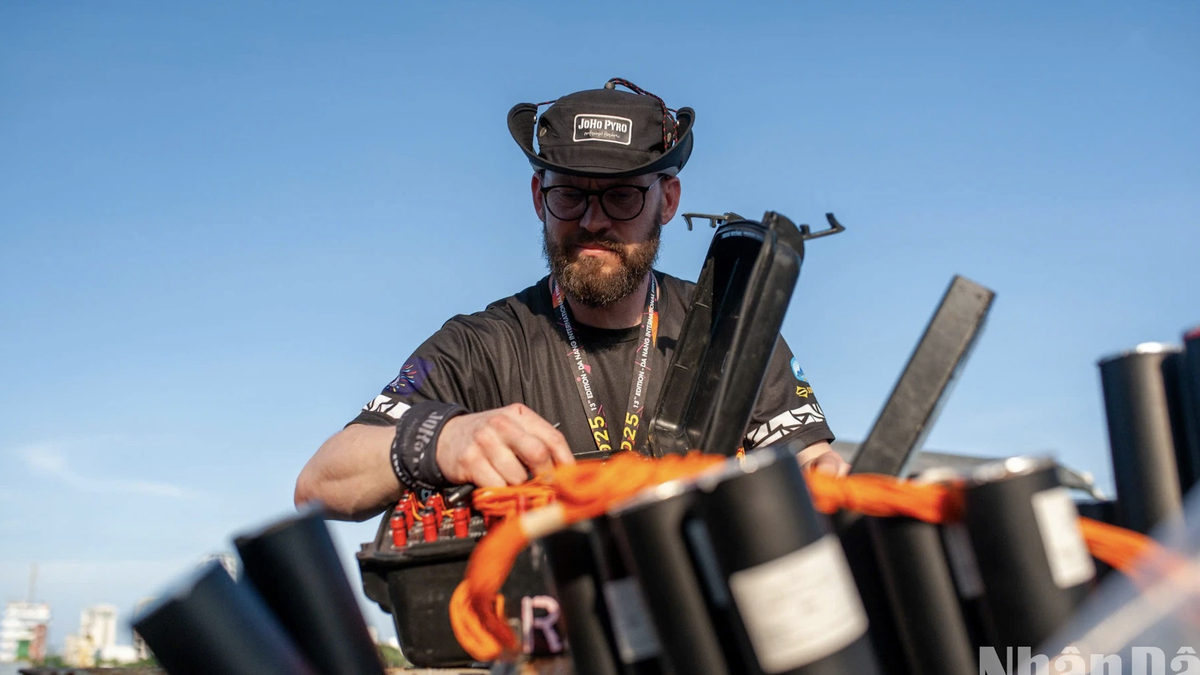
![[Photo] Prime Minister Pham Minh Chinh meets with Hungarian President Sulyok Tamas](https://vphoto.vietnam.vn/thumb/1200x675/vietnam/resource/IMAGE/2025/5/29/dbcaa73e92ea4448a03fe1d0de6d68e8)
![[Photo] Vietnamese and Hungarian leaders attend the opening of the exhibition by photographer Bozoky Dezso](https://vphoto.vietnam.vn/thumb/1200x675/vietnam/resource/IMAGE/2025/5/29/94d8ceca5db14af3bf31285551ae4bb3)



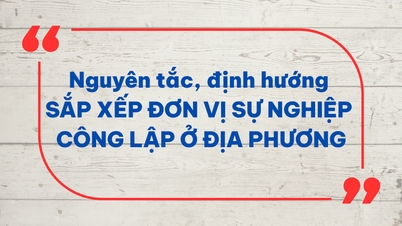
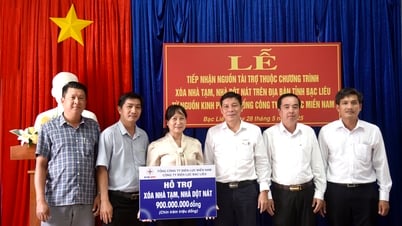
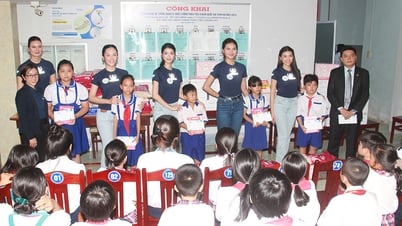
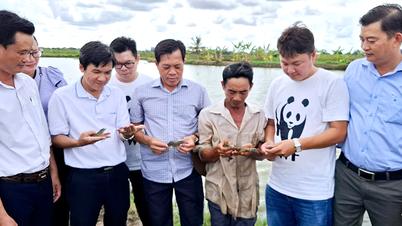
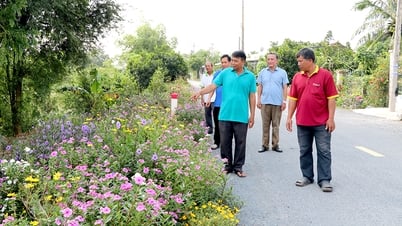
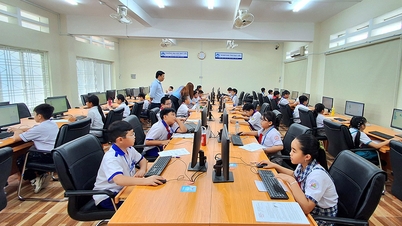








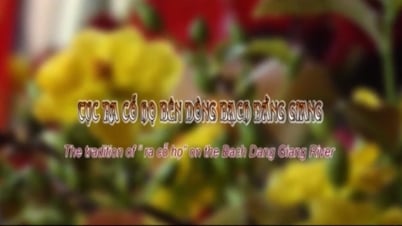

![[Photo] Prime Minister Pham Minh Chinh receives a bipartisan delegation of US House of Representatives](https://vphoto.vietnam.vn/thumb/1200x675/vietnam/resource/IMAGE/2025/5/28/468e61546b664d3f98dc75f6a3c2c880)



















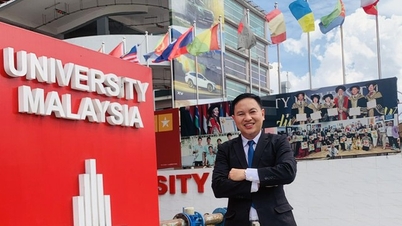






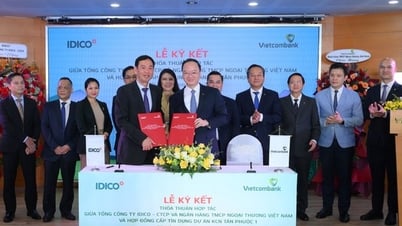



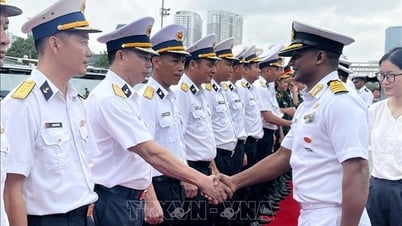

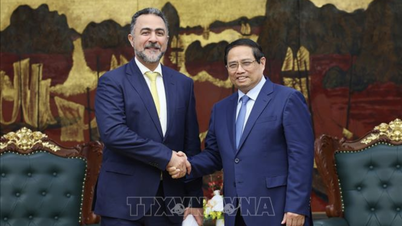


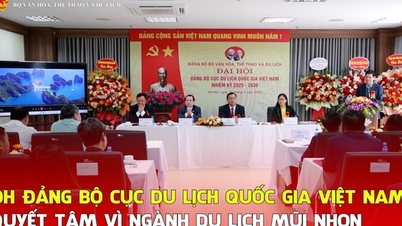

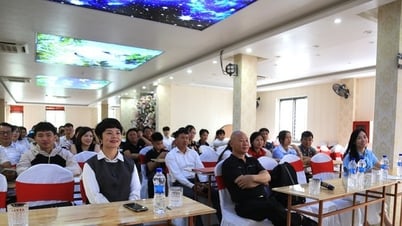
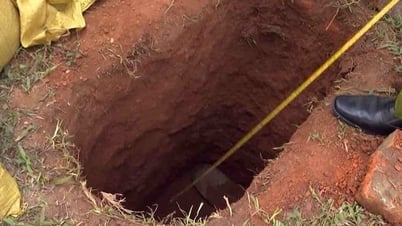
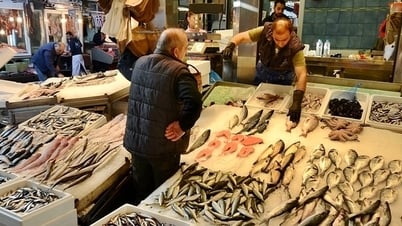



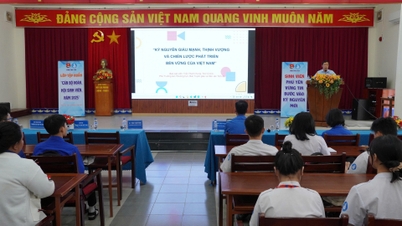


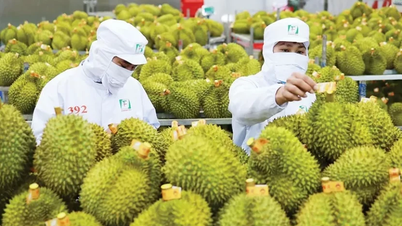











Comment (0)